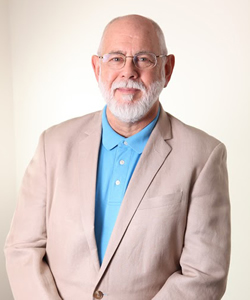Christians have often been at the forefront of communication technology—from Martin Luther’s use of the printing press to make religious texts accessible to the masses, to religious radio programs, televangelism, and Bible apps. In April Pope Francis recorded a TED Talk to communicate his “revolution of tenderness” message, and many houses of worship have turned to technologies like blogs and social media to share religious messaging with broader congregations.
This week, the Berkley Forum asks contributors: How has embracing digital technology impacted the way faith communities conduct worship, convey religious teachings, and build relationships with current and potential members? How does democratized access to digital communication, along with its egalitarian ethos, affect the way religious communities perceive, construct, and maintain religious authority? Does embracing the digital age lead to stronger religious commitment and faith community participation, or do the risks mean faith communities are justified in opting out of this nontraditional approach?


